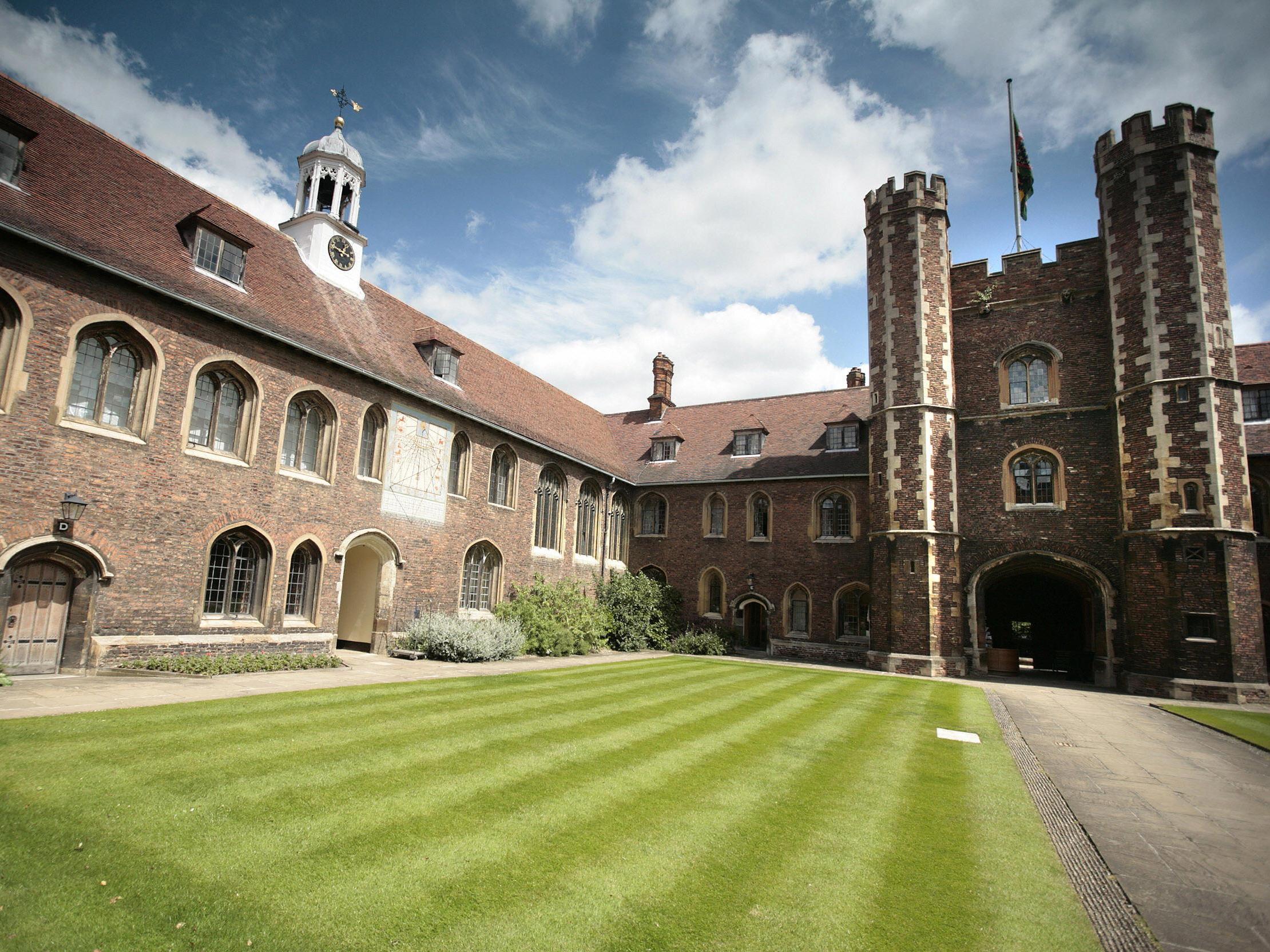Cambridge University graduate sues over handling of sexual harassment complaint
'If a procedure is re-traumatising, if it is discriminatory ... Then it being upheld is not enough,' says Danielle Bradford

Your support helps us to tell the story
From reproductive rights to climate change to Big Tech, The Independent is on the ground when the story is developing. Whether it's investigating the financials of Elon Musk's pro-Trump PAC or producing our latest documentary, 'The A Word', which shines a light on the American women fighting for reproductive rights, we know how important it is to parse out the facts from the messaging.
At such a critical moment in US history, we need reporters on the ground. Your donation allows us to keep sending journalists to speak to both sides of the story.
The Independent is trusted by Americans across the entire political spectrum. And unlike many other quality news outlets, we choose not to lock Americans out of our reporting and analysis with paywalls. We believe quality journalism should be available to everyone, paid for by those who can afford it.
Your support makes all the difference.A former Cambridge University student is suing the institution over the way it dealt with her sexual harassment complaint, saying its response had left her more traumatised than the alleged incidents.
Danielle Bradford said she was discouraged by the university from launching a formal complaint despite being bombarded by up to 50 messages a day – many of which were imbued with sexual innuendos.
Ms Bradford has now filed a lawsuit against the university under the Equality Act, arguing she is a victim of discrimination.
“I was told that I should think about it very carefully because it could affect my place in my department and any kind of future career that I wanted to go into,” she told Channel 4 News.
“There were no sanctions put in place to prevent this happening to other people … There was no aspect of restorative justice either.
“If a procedure is re-traumatising, if it is discriminatory, if the result of the procedure does not make anyone more safe than they were before, then it being upheld is not enough.”
Ms Bradford said she was hoping the case would lead to some “concrete changes”.
“It was made very explicit to me that if I told anyone – and that included friends and family – about what had happened, about the fact that I was taking a complaint and then even after about the outcome of the complaint that I was at risk of being charged with harassment myself.”
The saga comes after it emerged 165 reports of rape and sexual assault were made at the University of Cambridge over three years.
In spite of others making sexual assault and harassment allegations, hers is the only one the university has upheld since it launched its new complaints procedure in 2016, according to Channel 4 News.
A spokesperson for the university said: “The University of Cambridge takes the personal safety of its students very seriously and is recognised within the higher education sector for its leading role in tackling harassment and sexual misconduct.
“We cannot comment on specific cases, but where students disclose sexual misconduct and wish action to be taken, information is given about the different reporting options available to them, including complaining to the police, and the potential consequences of these options.
“The university encourages students to be realistic about the reporting processes and their possible outcomes. The process is designed to take action to investigate whether a student has breached university rules and, if so, to impose proportionate sanctions. The discipline process exists to keep students safe while in the university environment.”